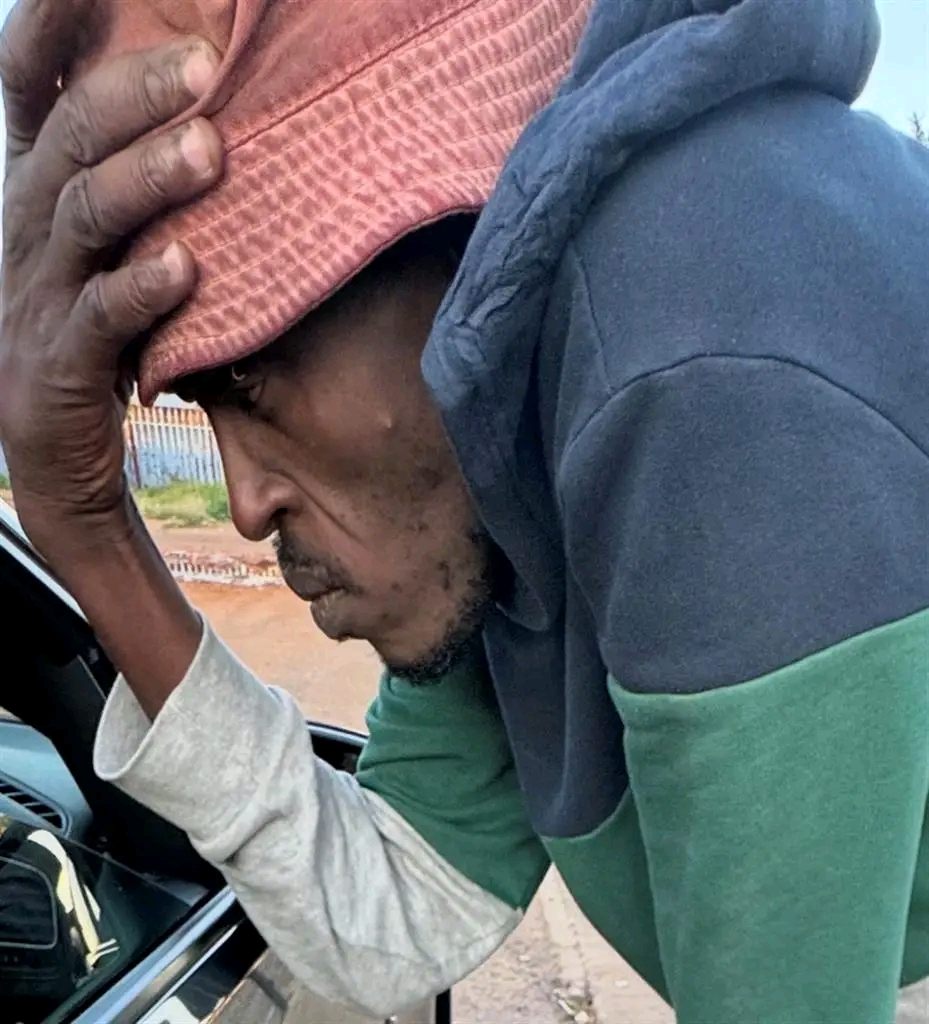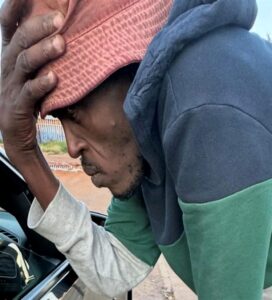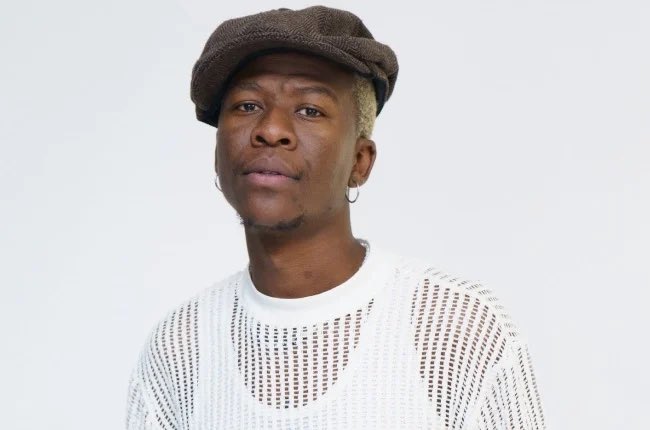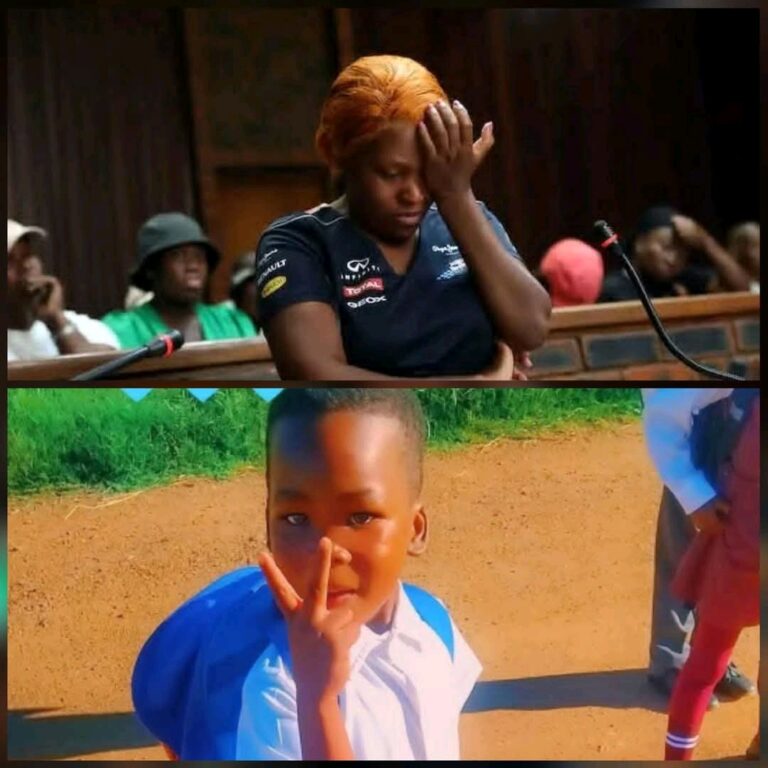
South African music icon DJ Mujava, best known for his globally celebrated hit “Township Funk,” has returned to his hometown of Atteridgeville after spending time in rehabilitation. Once hailed as a pioneer of township funk, DJ Mujava — real name Elvis Maswanganyi — is back in the public eye, but his return is not without concern. While fans are eager for a musical comeback, his family is gripped by fear, believing that a curse might be behind the star’s persistent personal troubles.
DJ Mujava’s career exploded in 2008 when his genre-defining track “Township Funk” was picked up by international labels, gaining massive airplay and acclaim across the globe. His blend of electronic beats and raw township energy positioned him as one of South Africa’s most exciting musical exports. However, as quickly as fame found him, Mujava began a downward spiral marked by health challenges, run-ins with the law, and erratic behavior.
After spending time in a rehabilitation center, Mujava is now back on the streets of Atteridgeville, a Pretoria township that once inspired his creative spirit. According to residents, the musician seems to be in a vulnerable state. Some have described him as distant and quiet, a shadow of the vibrant artist he once was. While community members hope that his return marks the beginning of healing, his family holds a different belief: they fear a supernatural force may be at play.
Mujava’s family members have spoken openly about their concerns, suggesting that a curse could be behind his years of misfortune. For them, the notion of a curse is not just superstition — it is rooted in deeply held cultural and spiritual beliefs. They recall how his life changed drastically after achieving fame, and how despite attempts at recovery, he often found himself back in troubling circumstances. This has led some within the family to consult traditional healers in search of answers and potential remedies.
The belief in spiritual interference, such as curses or ancestral wrath, is not uncommon in South African townships. Many people blend traditional African spiritual practices with modern life, and for them, misfortunes are often interpreted through this lens. In Mujava’s case, this belief underscores a broader conversation about the stigma around mental health and the ways in which it intersects with culture and tradition.
Still, not all hope is lost. Those close to Mujava say that being home could be a turning point. The support of family, friends, and fans might offer the stability he needs to reclaim his life and, potentially, his musical career. Community leaders and local musicians have expressed a willingness to stand by him, offering resources and encouragement.
DJ Mujava’s story is one of brilliance dimmed by struggle, but also one of resilience. Whether the root of his challenges lies in health, trauma, or tradition, what remains clear is the enduring love for a man who once put township funk on the global map. His return home may just be the first step in writing a new chapter — one of recovery, renewal, and maybe even redemption.







